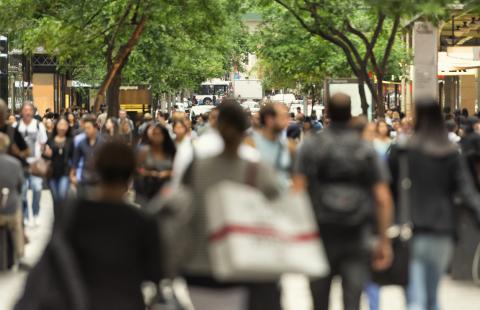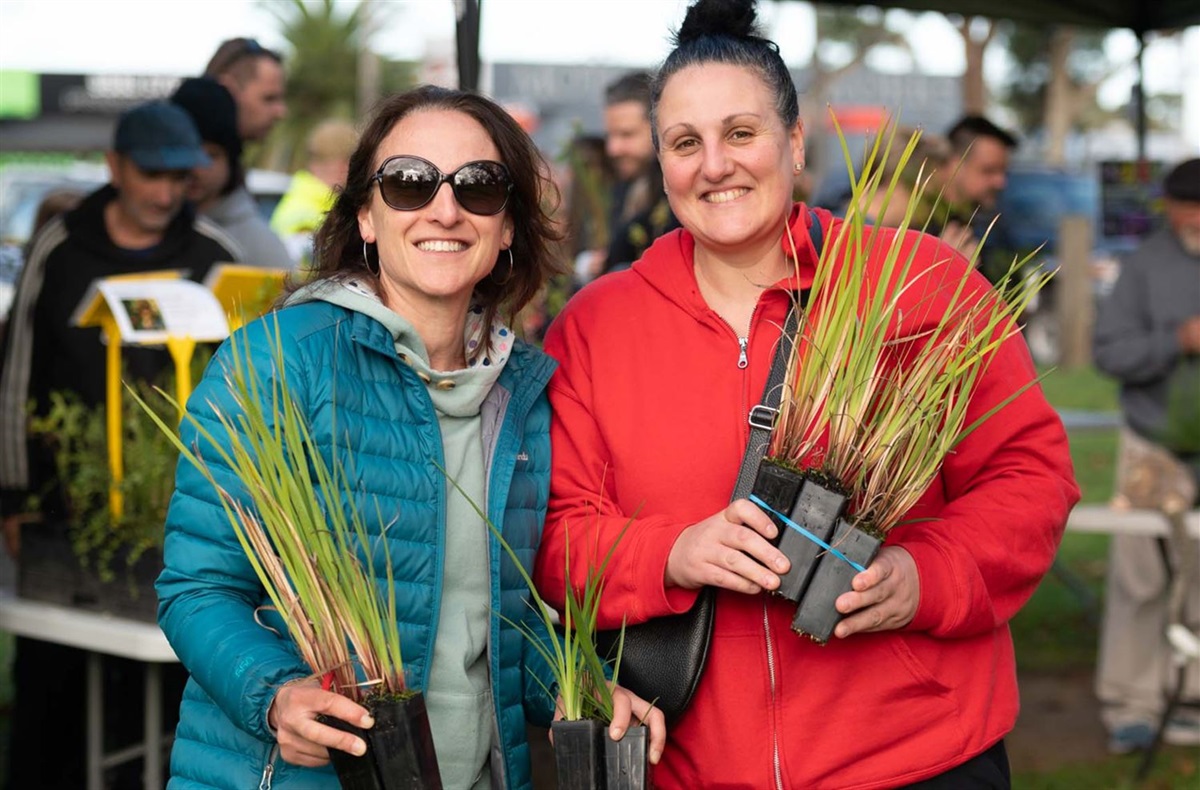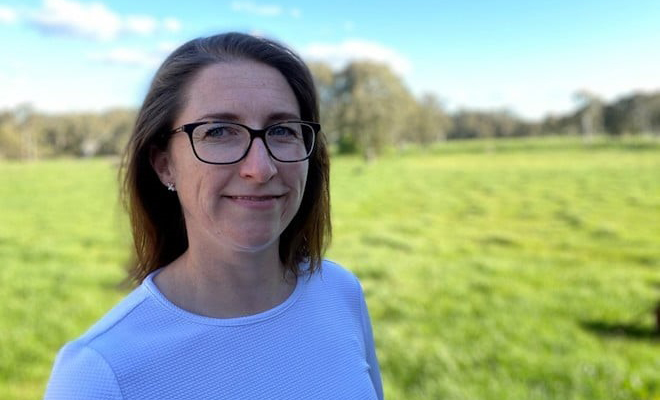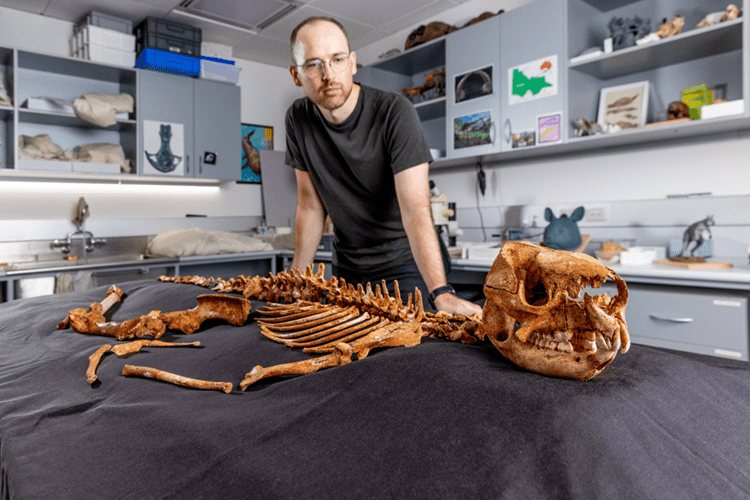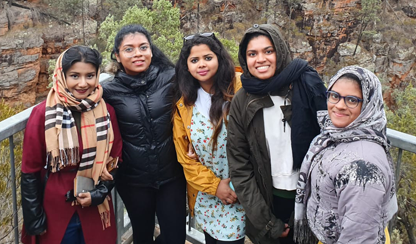
Safiya Naina Marikar spends her days working out the complicated science behind type one diabetes, but when she’s off duty, it’s the science of baking that keeps her busy. This month, we go fast five the PhD student and date cake aficionado.
How did you find your way to the Baker Institute and what do you do here?
I was born and raised in Dubai where I completed the majority of my schooling. After high school, given the limited options at that time in the UAE, I decided to follow in the footsteps of my older sisters and move to Australia to enroll in Bachelor of Biomedical Science degree. While at the start I was unsure if research was the path I wanted to take, following a wonderful Honours year with the Epigenetics team at Monash University, led by Professor Sam El-Osta, I decided to pursue a PhD to continue working with his amazing team at the Baker Institute.
I’m currently working in Sam’s Epigenetics in Human Health and Disease Program. My principal focus is on the epigenetic remodeling of human pancreatic ductal cells into insulin producing cells using small molecule inhibitors of the EZH2 protein. We recently published a paper describing this process and how these cells were not only capable of producing insulin, but functionally secreting the hormone in response to glucose stimulation. So far, most of our research has been mainly pre-clinical, but I hope we can use human samples in the future to fully understand the process by which the conversion happens and how it can be used as a therapeutic for diabetics.
How do you hope to make an impact?
I want to help. Diabetes affects millions of people worldwide and the requirements for daily insulin injections can be quite taxing, and not just financially. Additionally, there is a shortage of donors for replacement of the insulin producing beta cells. We hope that by elucidating an alternative source of insulin producing cells, we can alleviate the burden of insulin dependency on diabetics.
Why do you think you pursued a career in science?
I was always a very curious child, much to the annoyance of my parents. To satisfy my never-ending barrage of questions, they gifted me multiple encyclopedias to answer my many questions. Given the scientific nature of many of those books, it was quite natural for me to be taken by the sciences at school.
As a young woman in STEM, what would you say to young girls who have an interest in science?
Definitely the main thing I’d say is to remain curious. As a scientist, it’s important to maintain a healthy amount of skepticism and constantly question the way things work as you definitely will come across questions that haven’t yet been answered.
How do you switch off from science in your spare time?
In my downtime, I enjoy baking quite a bit. The process is quite similar to my experimental work, whereby you have a protocol or a recipe that you follow to produce results. The fun thing with baking, though, is you get to eat the results at the end! I’m also an avid hiker and often go on trails with my sisters to connect with the natural world.



